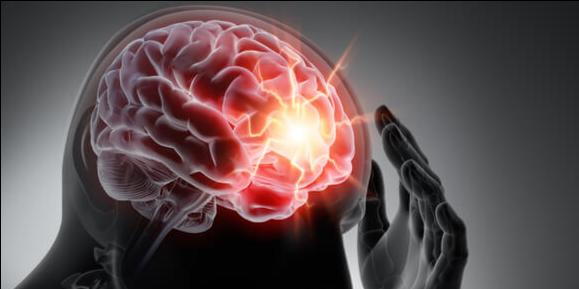
- posted: Oct. 22, 2023
- Personal Injury
Traumatic brain injuries (TBIs) are a critical health concern, carrying potentially life-altering consequences for those afflicted. If you’ve been in a serious accident and suffer a head injury, understanding TBI causes and symptoms can help determine whether you have a TBI and whether you have a cause of action to recover damages from the person or persons at fault.
A traumatic brain injury can result from any forceful bump, blow or jolt to the head or from an object piercing the skull and entering the brain. Impacts causing TBI can occur in any of the following incidents:
- Motor vehicle accidents — Car crashes, motorcycle accidents and pedestrian accidents are common causes.
- Falls — Head injuries from slipping and falling on a wet floor or on stairways can be severe, especially for the elderly.
- Sports and recreational activities — Participating in contact sports like football or high-impact activities like skiing and skateboarding can result in head injuries, even if helmets are worn.
- Physical attacks — Altercations involving forceful blows to the head can result in TBI.
- Bicycle accidents — Biking without a helmet and getting into an accident can lead to severe head injuries.
- Workplace injuries — People in high-risk professions are susceptible to harm from falling objects, machinery accidents and construction site accidents.
The severity of TBI varies widely, depending on the type and degree of impact. It typically causes temporary or short-term problems in how the victim thinks, understands, moves, communicates, and acts. The following are common physical, cognitive, behavioral and sensory symptoms of TBI:
- Headaches — Persistent and severe headaches can often worsen with time.
- Nausea and vomiting — These symptoms usually occur shortly after a head injury.
- Dizziness and balance issues — Problems with coordination and balance can make it difficult for the individual to walk or to perform simple tasks.
- Confusion — This includes disorientation and difficulty understanding basic information or answering questions correctly.
- Memory issues — Short-term memory problems can arise, such as difficulty recalling recent events or conversations.
- Mood changes — Emotional disturbances can include irritability, mood swings and increased anxiety.
- Seizures — These can occur immediately or weeks after the injury.
- Sensory issues — Changes in sensory perception can result, such as blurred vision, sensitivity to light and noise or a bad taste in the mouth
- Loss of consciousness — Such episodes can be brief or last for an extended period, depending on the severity of the TBI
- Difficulty sleeping — This can also be caused by insomnia, apnea and other disturbances
If you experience any of these symptoms after a head injury, seek medical attention promptly. Early diagnosis and treatment can significantly improve the chances of reducing potential long-term complications. It can also help your brain injury attorney in assembling the proof needed to pursue legal remedies against anyone who may be liable.
At Massengill, Caldwell & Coughlin, P.C., in Bristol, Tennessee, we have more than 70 years of combined experience pursuing fair compensation for TBI victims. Call our office today at 423-797-6022 or contact us online for a free initial consultation.


